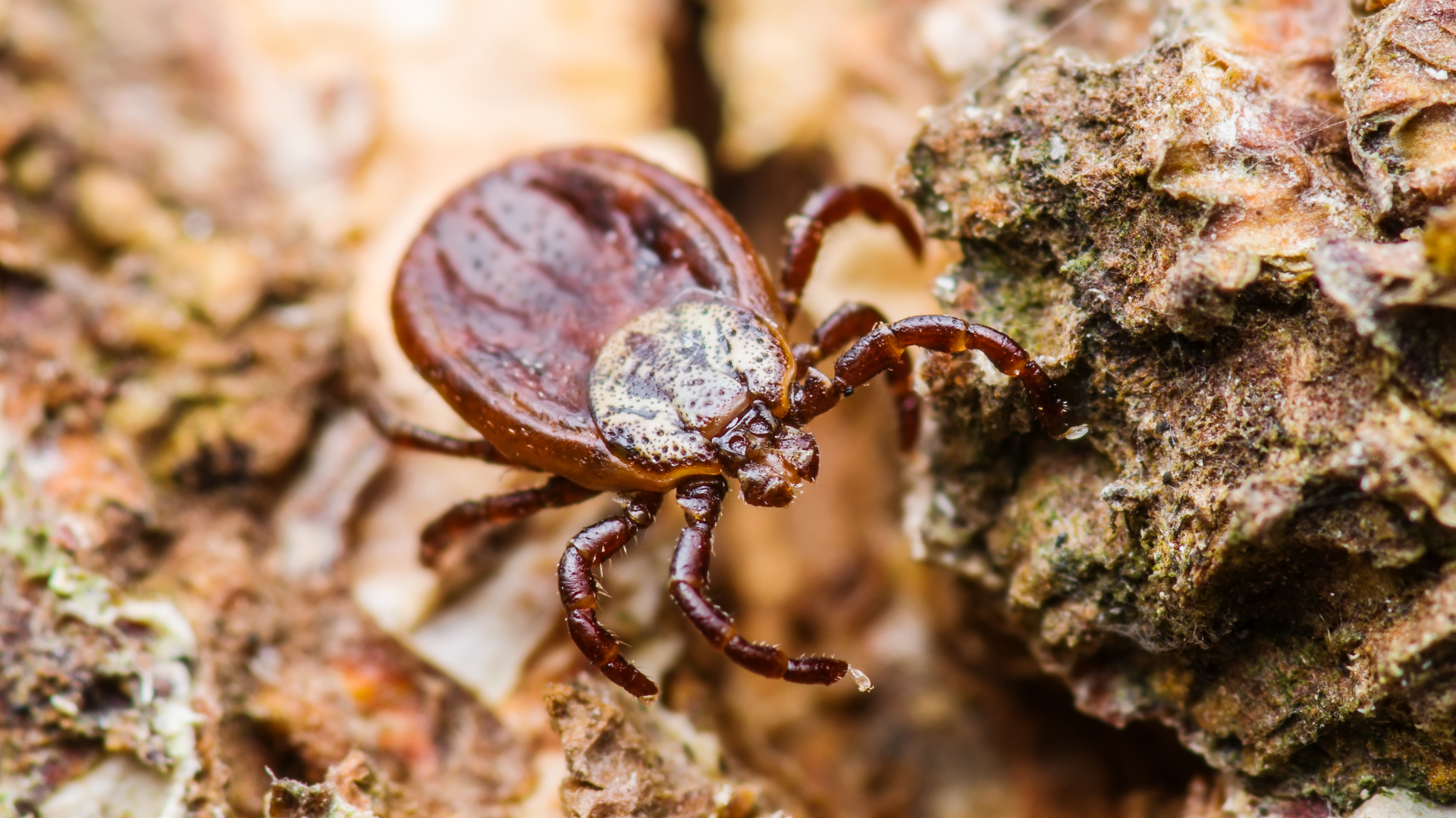
With temperatures rising, you might be ready to finally lose your fleece jacket and other heavy layers on the hiking trails. It feels great to get some sun on your skin, but there are more critters out there at this time of year who want to sink their fangs into your flesh. In recent years, tick-borne diseases like Lyme disease have been grabbing a lot of headlines and for good reason – more than 63,000 cases of Lyme reported to CDC in 2022 alone – but it’s not the only cause for concern when there are ticks on the trail.
If you’re exploring out west this spring and summer, there are other tick-related illnesses to watch out for, such as Colorado Tick Fever which, despite the name, isn’t limited to the Centennial State. Colorado Tick Fever is rare, but it’s helpful to recognize the symptoms if you’re going to be spending a lot of time outdoors, at altitude. Read on for the causes, signs and symptoms of Colorado Tick Fever, plus how to avoid it on the trails.

What does Colorado Tick Fever do to humans?
Colorado Tick Fever is a very rare virus spread by infected Rocky Mountain wood ticks. These ticks are found in low-growing vegetation across the western US and western Canada at elevations between 4,000 and 10,000 feet above sea level. In the US, wood ticks are found in Colorado, Wyoming, Montana, Utah, Idaho and parts of California, Washington and Oregon.
Wood ticks, which are distinguishable by their bright red, teardrop-shaped body, are most active between March and July. They contract the virus by feeding on affected rodents and can spread it to humans, however it cannot be transmitted between humans.
According to the CDC, the most common symptoms of Colorado Tick Fever are flu-like symptoms and include:
- Fever
- Chills
- Headache
- Body aches
- Weakness
- Fatigue
In most cases, these symptoms are mild and only last a few days, however weakness and fatigue can last a few weeks, while some people may develop a more severe illness that affects the central nervous system. Colorado Tick Fever is rarely life-threatening.
If you have been bitten by a tick, or have been recreating in areas where you fear you may have been exposed to ticks, and have any of the above symptoms, you should consult a medical professional. Depending on what state you’re in, they may administer a blood test and may be required to notify the CDC of a positive case.
However, it’s important to remember that Colorado Tick Fever is extremely rare. In fact, the CDC reports that between 2003 and 2022, only 223 cases were reported in the US.

Is Rocky Mountain Spotted Fever the same as Colorado Tick Fever?
Colorado Tick Fever is different from Rocky Mountain Spotted Fever. Though both are contracted from wood ticks, Rocky Mountain Spotted Fever is caused by Rickettsial bacteria and is more serious.
Most people who contract RMSF will experience a spotted rash with headache, fever, nausea, and vomiting occurring first before more severe and life-threatening symptoms such as blood vessel damage, hearing loss and mental disability. It can be fatal, but once diagnosed it can be treated with antibiotics so it’s important to see your doctor quickly if you develop these symptoms after a tick bite.

How can you avoid Colorado tick fever?
There are no vaccines to prevent Colorado Tick Fever, nor are there any medications that will cure it, so the best way to avoid it is to practice good tick safety when you are spending time outdoors. That means staying on trails and out of the undergrowth and covering up with long hiking pants, tall hiking socks and long-sleeved base layers. If you have to trample through low scrub, you can even tuck your pant legs into your socks.
Insect repellent does help, but make sure you check the label to see what pests it works against. If you’re entering into tick-infested areas it’s probably wise to choose one containing DEET. Learn more in our article on how to avoid tick bites.
When you get home, or back to your tent, from a day in the woods, perform a thorough tick check. Make sure you carry tick tweezers and know how to remove a tick if you find one, as in many cases quick removal reduces your chances of contracting any kind of illness. If you develop any symptoms after being bitten by a tick, call your doctor as soon as possible.







